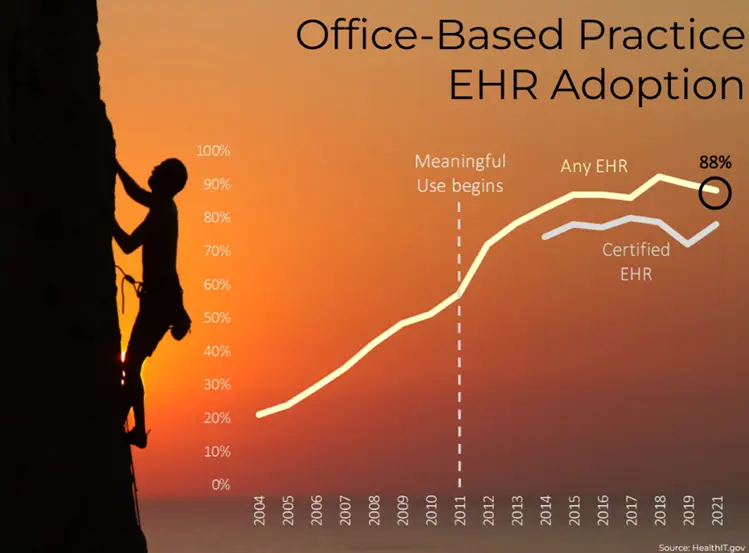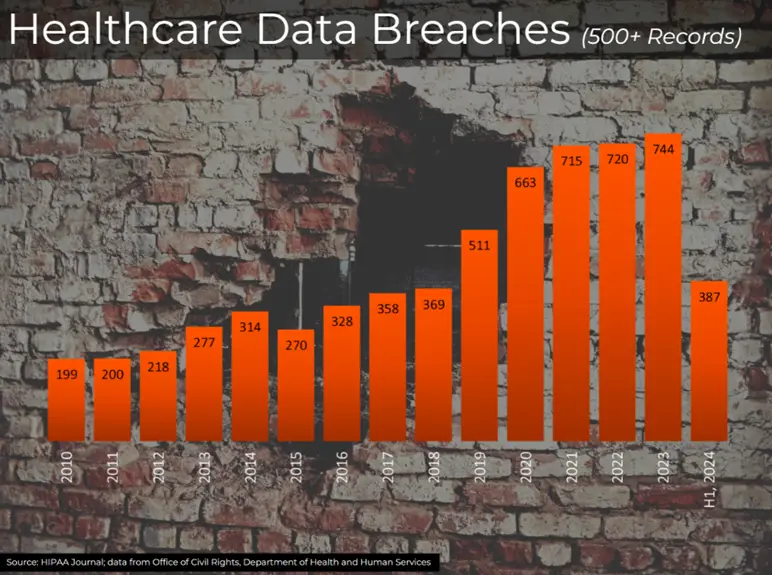Navigating the Challenges of Healthcare Technology Adoption
The adoption of technology in healthcare has made significant strides since the introduction of the Health Information Technology for Economic and Clinical Health (HITECH) Act in 2009. While the goal was to digitize the healthcare industry and ultimately reduce costs, the results have been mixed. An understanding of the challenges and opportunities we face in this field is essential for making informed decisions moving forward.
Historical Context
In 2008, the rising cost of healthcare garnered national attention, leading to the election of President Barack Obama and the launch of the Affordable Care Act. The HITECH Act complemented this initiative by providing incentives for healthcare providers to adopt electronic health records (EHRs). Initially, we saw rapid adoption, with about 90% of physicians now utilizing full EHR systems. However, a study by the Robert Wood Johnson Foundation in 2015 raised concerns that while adoption rates increased, the effectiveness and efficiency of healthcare delivery did not improve as expected.
Currently, the U.S. spends approximately $16,000 per capita on healthcare, significantly higher than the average of $8,000 in economically developed countries. This disparity emphasizes that merely digitizing health records does not directly translate into improved healthcare outcomes or reduced costs.
Key Challenges in Technology Adoption
- Rapid Technology Adoption: The acceleration of technology adoption within a short timeframe—spanning about 12 to 14 years—upended the natural technology adoption cycle that typically takes several decades across other industries. This rush created a disconnect between available technologies and the actual needs of providers, leading to frustration and questions about the efficacy of EHR systems.

- Comprehensive Solutions Required: It has become evident that simply purchasing an EHR system is not sufficient. Healthcare providers need a comprehensive IT and data solution that encompasses not only the software but also infrastructure and data management.
- Data Management Complexity: Effective data management remains a significant challenge. Many providers find themselves dealing with data siloed across various software systems—like EHRs, accounting platforms, and client relationship management systems—making it difficult to analyze and derive actionable insights.
- Cybersecurity Concerns: With the increasing reliance on digital records, healthcare organizations are also grappling with cybersecurity risks. Data breaches have become a serious concern, necessitating a robust infrastructure equipped to handle security threats.

Moving Forward: Essential Components for Improvement
To create value and improve the effectiveness of healthcare delivery, providers must focus on several key components:
Integrated Software Systems: Ensuring a seamless flow of information between various software systems is crucial. This requires more than just an EHR; practices should invest in integrated solutions that facilitate data sharing across different platforms.
Cloud Infrastructure: Leveraging cloud technology can enhance data security and ensure that healthcare organizations are well prepared for both disaster recovery and cyber threats. Providers like Microsoft, Amazon (AWS), and Google offer services that provide robust security while allowing for scalability.
Data Normalization and Orchestration: Establishing a data lake that allows for the normalization and orchestration of data makes it easier to analyze information and share it both internally and externally. This approach enables more comprehensive insights and supports better decision-making.
Focus on Business Value: Ultimately, the goal of these investments is to create business value. This can be achieved through improved decision-making, optimized workflows, and the identification of growth opportunities. Understanding operational performance through metrics and analytics can drive better outcomes for both practices and patients.
Conclusion:
As we reflect on the evolution of health technology, it’s clear that ongoing challenges must be addressed strategically. By focusing on integrated solutions that encompass software, infrastructure, and data management, healthcare providers can work toward enhancing the efficiency and effectiveness of healthcare delivery. Engaging in this journey is critical for meeting the increasing demands of the healthcare landscape.
At Focus Solutions, our commitment is to support healthcare providers as they navigate these complexities, working collaboratively to enhance the quality and effectiveness of care through improved technology adoption and management practices.

